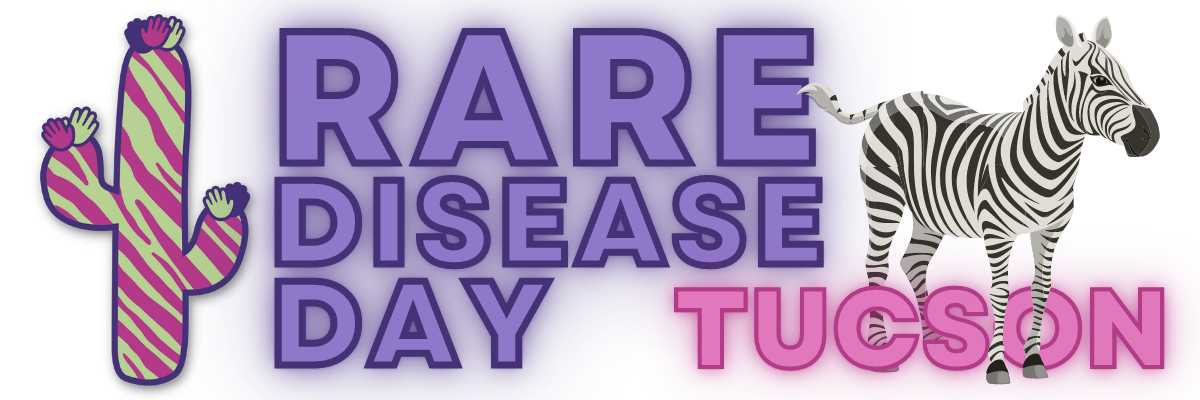Jack's Story
This is Jack. The most special person we know. His genuine laugh is contagious and his sensitive spirit and gentle persuasion are impossible not to love. From playing with cars, singing and dancing to his favorite bops or goofing around with his sister/best friend, you’ll almost always find Jack with a smile. Throughout illnesses, injuries, tests and therapies, he’s remained positive and strong. This kid never quits.
During pregnancy, the doctor recognized complications, but it wasn’t until Jack was 6 months old that we started visiting specialists to explore what his diagnosis might be. He’d not been meeting milestones, and we’d already begun physical therapy and occupational therapy, along with various tests, including bloodwork, ultrasounds, MRIs and a lumbar puncture. The next year we visited our geneticist in Phoenix and participated in Whole Exome Sequencing. When the results arrived (6 months later!), it showed a deletion on his MSL3 gene. At the time, it meant nothing. There was no connection to a genetic disorder.
Our doctor spent some time researching the gene and found a small study in Europe with other children with the same gene deletion and similar symptoms. We joined the study, and 2 years later the findings were published. MSL3 Syndrome was named and even explained! We were so excited. But quickly realized there was no information out there.
We wanted to learn more and connect with other families. So, we turned to social media and started the MSL3 page and support group. Several months later, another family found us. The boys sent videos back and forth saying hi. What a happy day! Since then, we’ve grown slowly, but surely. We are now connected to 60 families worldwide and our support group continues serves our special community.
We formed the MSL3 Foundation in 2021 to connect to families, raise awareness about this ultra-rare genetic disorder and raise funds to support research. https://msl3.org/
MSL3 Syndrome
MSL3 (Basilicata-Akhtar) Syndrome is an ultra-rare genetic disorder caused by the mutation of the MSL3 gene. There are around 50 registered diagnoses worldwide, but we believe that there are more children and adults out there who have not yet been able to find a diagnosis.
MSL3 Syndrome is a newly-discovered disease and in desperate need of attention. There have been promising studies identifying the disorder and showing potential for treatment, but continued research is essential for positive outcomes. Together with our community, the MSL3 Syndrome Foundation is working to catalyze that progress by spreading awareness and driving research.
